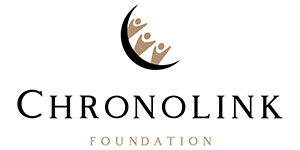Autism Spectrum Disorder (ASD) is considered a neurodevelopmental disability that affects communication, social interaction and behavior. Diagnosed mainly in the first years of life, autism spectrum disorder does not show physical differences compared to other people, but it manifests itself in a different way in which children behave and acquire knowledge in relation to the majority of those of a similar age. It is a lifelong condition and, according to statistics, occurs with up to four times more frequency in boys than in girls. It should be noted, however, that early treatments and increasingly advanced therapeutic methods have the ability to improve a person’s symptoms and functioning, with the results being different in each individual case. Common symptoms of ASD include repetitive actions, limited communication with other people, and interests in very narrow areas. The term “spectrum” in the name of the condition indicates that there can be a wide variation in the severity of symptoms, depending of each individual. Autism is not considered a disease, but a neurodevelopmental disorder, so the diagnosis is made by a psychiatrist specializing in pediatrics, usually in the first 24 – 36 months of life. Autism cannot be established by DNA tests, blood tests or clinical investigations. For this reason, parents are the first people who can identify certain signals that lead to an appointment for a specialist consultation.



